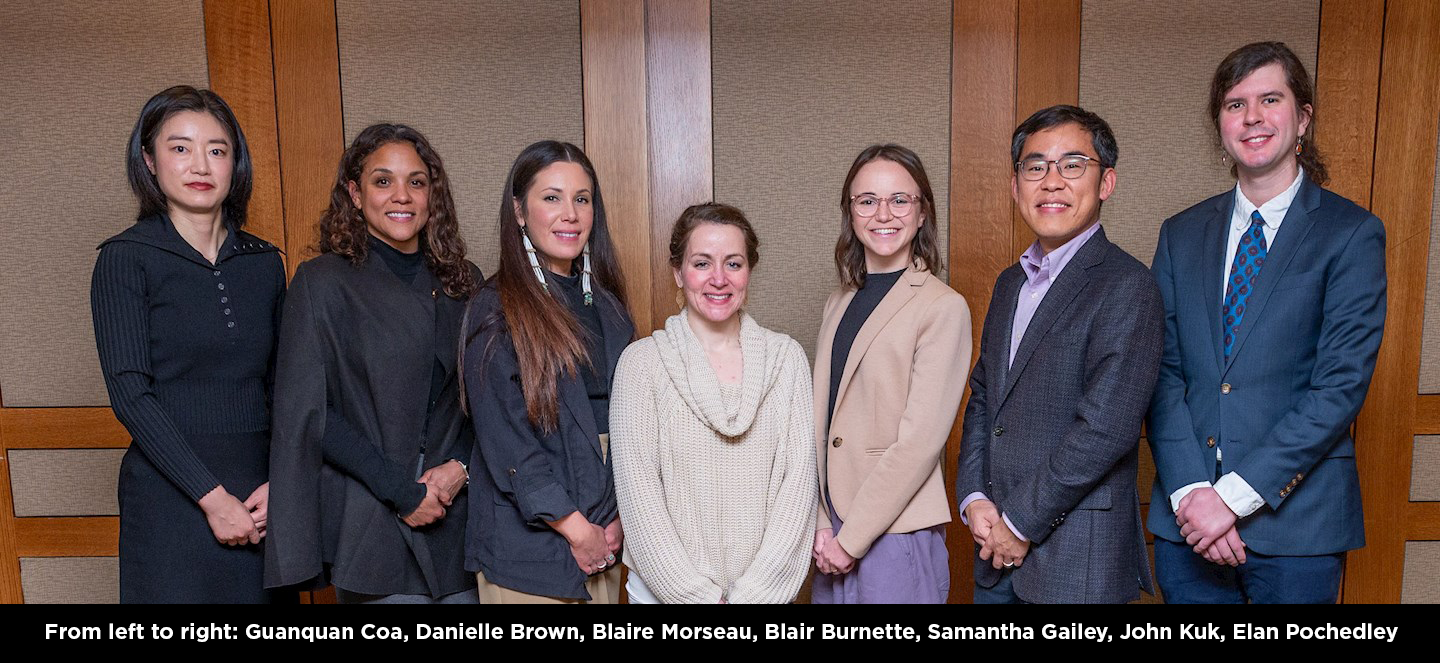1855 Professorships
1855 Professorships is an Office of the Provost initiative to enhance the academic experience and student success by elevating the academic quality and reputation at MSU.
For the first year of implementation, the Office of the Provost and the Office of the Executive Vice President for Health Sciences jointly requested an open call for proposals from the college deans.
Current 1855 Professors
- Carly Braxton, assistant professor, College of Arts & Letters, Technical Writing in Health Communications position
- Danielle Brown, associate professor, College of Communication Arts and Sciences – Community and Urban Journalism position
- Blair Burnette, assistant professor, College of Social Science – Racial & Ethnic Disparities position
- Leah Costlow, assistant professor, College of Agriculture & Natural Resources, Food Security & Diet Related Health Disparities position
- Guanqun Cao, associate professor, College of Natural Science – Algorithmic Bias position
- Samantha Gailey, assistant professor, College of Agriculture & Natural Resources – Forests and Green Space position
- Kurt Kipmueller, associate professor, College of Agriculture & Natural Resources, Residential College of Arts and Humanities - Indigenous and Tribal Natural Resource Management position
- John Kuk, assistant professor, College of Social Science – Minority Politics & Urban Education Policy position
- Jesus Lara, professor, College of Agriculture & Natural Resources – Social and Environmental Justice position
- Thelma Madzima, associate professor, College of Natural Science – Diversity Plant Sciences position
- Blaire Morseau, assistant professor, College of Arts & Letters – Great Lakes Anishinaabe position
- Elan Holt Pochedley, assistant professor, College of Arts & Letters – Great Lakes Anishinaabe position
- Grace Smith Vidaurre, assistant professor, College of Natural Science – Diversifying Data Science position
- Quinn Yeargain, associate professor, College of Law – Law and Democracy position
- Nadia Abuelezam, associate professor, College of Human Medicine – Middle Eastern and North African (MENA) position, 1964 project
- Kelly Richmond, assistant professor, Residential College in the Arts and Humanities, Arts and Climate Justice position
